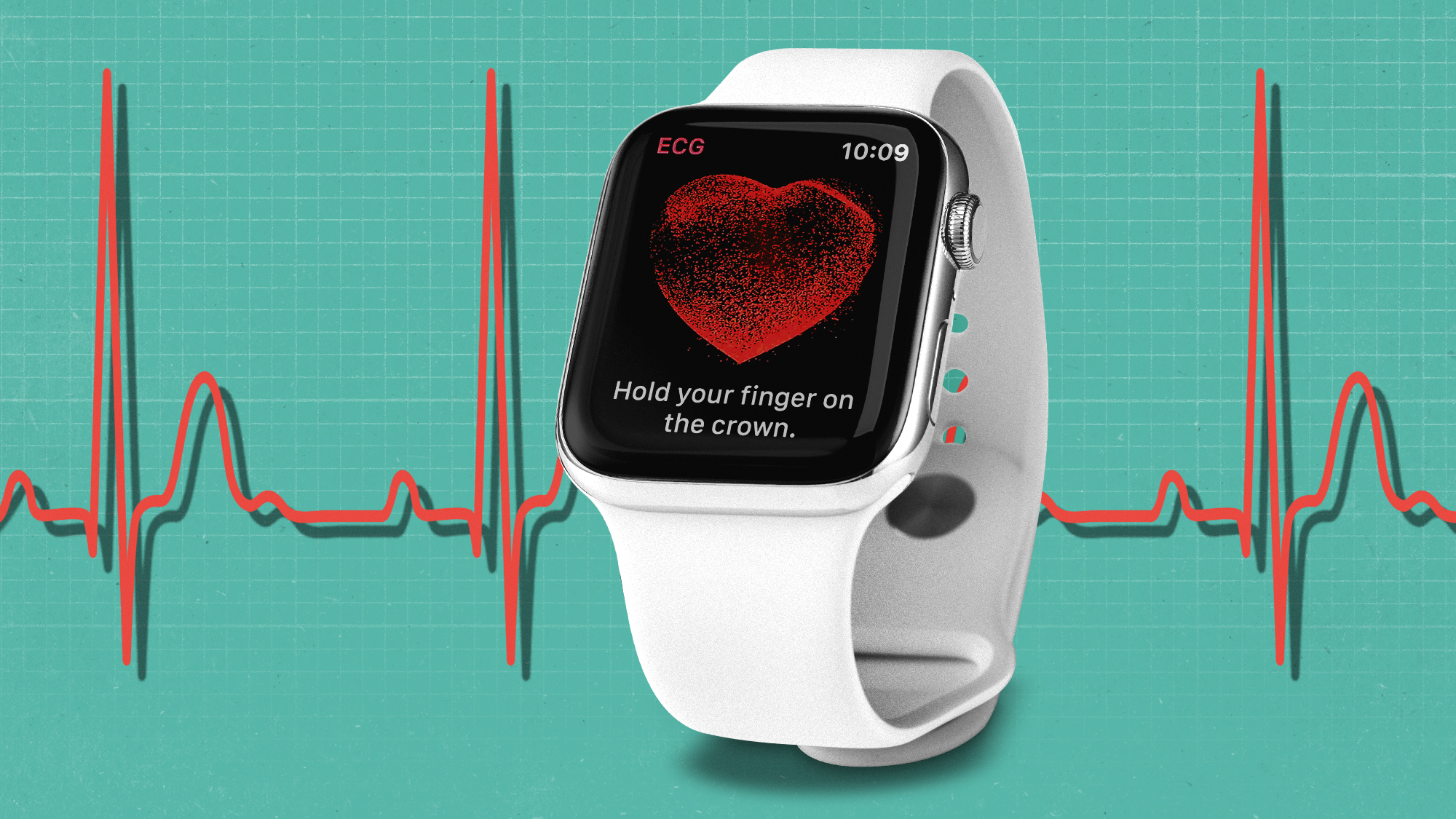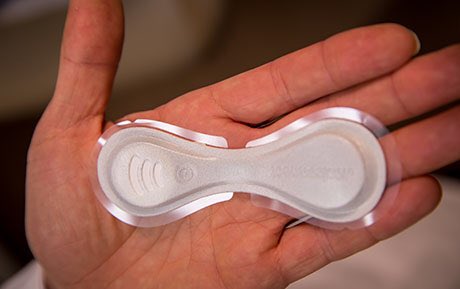Apple Watch 6 should use this tech that detects heart attacks 10 days in advance
The Apple Watch Series 6 should implement this early warning heart attack sensor and AI

Apple has been investing heavily in health, making it a central part of its strategy. Maybe they should buy this tech and add it to the Apple Watch 6: an AI and sensor system that could alert of a heart attack 10 days in advance.
Researchers at the University of Utah Health and VA Salt Lake City Health Care System have developed an AI-powered sensor that could alert its wearer of a fatal heart attack up to ten days before it happens.
- The best smartwatches you can buy now
- Apple Watch Series 5 review
- Just in: Oppo’s Apple Watch clone is coming March 6 — here’s your first look
The technology uses a sensor that gathers information on “heart rate, heart rhythm, respiratory rate, walking, sleep, body posture and other normal activities." Then it transmits the information to a server in which an AI analytics platform detects if the heart is going to have a problem.

According to the research, ”the system accurately predicted the impending need for hospitalization more than 80 percent of the time. On average, this prediction occurred 10.4 days before a readmission took place (median 6.5 days).”
It’s important to note that this system is not currently being used with healthy people but with people who have experienced a cardiac event. Doctors are using this device — which will go through a large clinical test phase soon — to give them an early warning in case conditions worsen, avoiding the need for costly hospitalization and fatal consequences thanks to the long heads up time.
Can Apple Watch 6 get a heart attack warning system?
In theory, there’s nothing stopping Apple from implementing such a system in the Apple Watch Series 6 or a following model.
The Watch already tracks heart rate, heart rhythm, walking, and normal activities. It doesn’t track sleep (although it does through third-party apps), respiratory rate or body posture yet. There are rumors that Apple will get these functions in the near future, adding a blood oxygen saturation sensor.
Sign up to get the BEST of Tom's Guide direct to your inbox.
Get instant access to breaking news, the hottest reviews, great deals and helpful tips.
So basically, it’s almost covered on the hardware front. The company will only need to implement the right AI trained using the right data. The Apple Watch can already give early warnings on atrial fibrillation by checking for irregular heart rhythm, so the next logical step is to provide a comprehensive alert system that could warn users of a potential heart attack days before it happens.
Needless to say, this type of technology has the potential of saving millions of lives around the world every year. Just in the United States, cardiovascular disease (CVD) remains the leading cause of death. According to 2016 statistics, CVD was responsible for 840,768 deaths. Of that, 635,260 were cardiac events.
But whether something like this arrives in the Apple Watch Series 6 or 7, it’s clear that we are steadily walking into a future in which prevention of these and other fatal diseases could be the norm, thanks to wearables, constant monitoring, and AI that feeds on massive amounts of data.
Jesus Diaz founded the new Sploid for Gawker Media after seven years working at Gizmodo, where he helmed the lost-in-a-bar iPhone 4 story and wrote old angry man rants, among other things. He's a creative director, screenwriter, and producer at The Magic Sauce, and currently writes for Fast Company and Tom's Guide.
-
bersca You have misquoted the article you referenced. This device does not detect heart attacks before they happen, the article claims it detects worsening heart failure. Heart failure and heart attack are not synonymous.Reply -
d066e Obviously , the writer of the article stopped reading after ”heart” and decided to run with it... It’s not only a misquote , it a totally misunderstanding of the article and dangerous as well!Reply
Remeber folks, always consult a medical professional before quoting a medical article.

